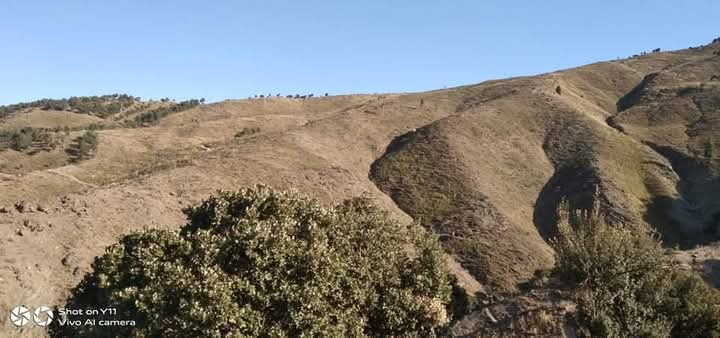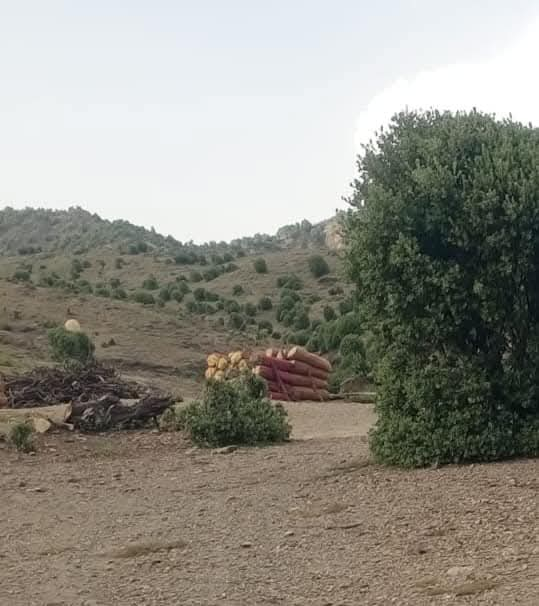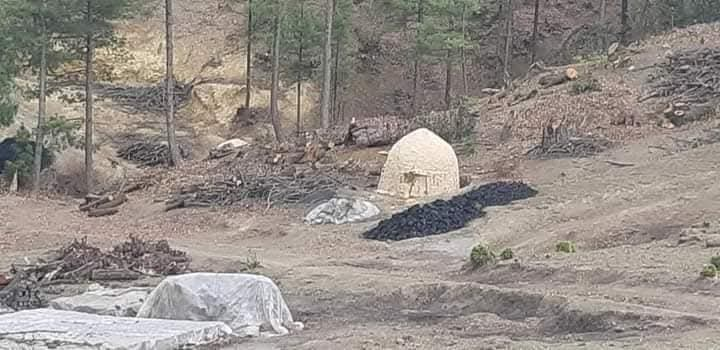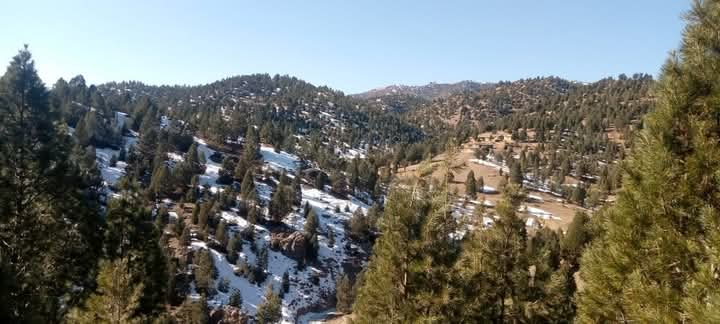By Khalid Khan
As Pakistan’s armed forces and security agencies tighten their grip on terrorists, the latter are adapting their strategies to sustain their operations. Like any war, terrorism requires substantial resources. Groups such as Tehreek-e-Taliban Pakistan (TTP) and others have historically relied on heinous crimes to fund their activities, including smuggling, kidnapping for ransom, extortion, robberies, and drug trafficking. However, a relatively overlooked source of funding has now come to light: the rampant exploitation and theft of Khyber Pakhtunkhwa’s natural resources.

While security agencies have successfully secured the Pak-Afghan border, reducing cross-border infiltration and curbing smuggling and drug trade to minimal levels, and while hawala and hundi networks have been disrupted, terrorists are finding it increasingly difficult to receive foreign remittances. Additionally, vigilant security forces have effectively ended public fundraising campaigns by terrorist groups, and improved law and order has significantly decreased incidents of extortion and kidnappings for ransom.

This financial crackdown has left militant groups struggling for resources, forcing them to seek alternative economic avenues. One of these new and lucrative sources is the unchecked plundering of Khyber Pakhtunkhwa’s natural resources. A glaring example is the indiscriminate logging of valuable trees in the mountainous regions of Barmal tehsil in Waziristan. This illegal activity not only provides terrorists with a steady “lifeline” but also causes irreversible damage to the region’s natural beauty and ecological balance.
Exploitation is not confined to Waziristan but extends to other former tribal areas now merged into Khyber Pakhtunkhwa’s settled districts. Swat, Buner, Dir, Hazara, and Kohistan are also witnessing the unchecked looting of their natural wealth

Alarmingly, the local administration and the Forest Department have turned a blind eye to these crimes. The timber mafia, in collusion with influential individuals under the patronage of terrorists, continues this nefarious business without fear of repercussions.

Local communities have expressed severe concerns over the administration’s negligence, calling the situation deeply distressing. The destruction of natural resources has heightened anxiety among residents, who fear long-term environmental degradation, economic losses, increased terrorist funding, and worsening regional security.
This exploitation is not confined to Waziristan but extends to other former tribal areas now merged into Khyber Pakhtunkhwa’s settled districts. Swat, Buner, Dir, Hazara, and Kohistan are also witnessing the unchecked looting of their natural wealth. Credible reports indicate that both legal and illegal natural resource extraction is being leveraged by terrorist groups, demanding immediate state intervention, investigation, and prevention.
This systematic exploitation not only funds terrorism but also threatens the livelihoods and futures of local populations. The urgent need for action cannot be overstated, as addressing this issue is critical to cutting off terrorists’ economic “lifeline” and preserving the region’s environmental and social stability.
